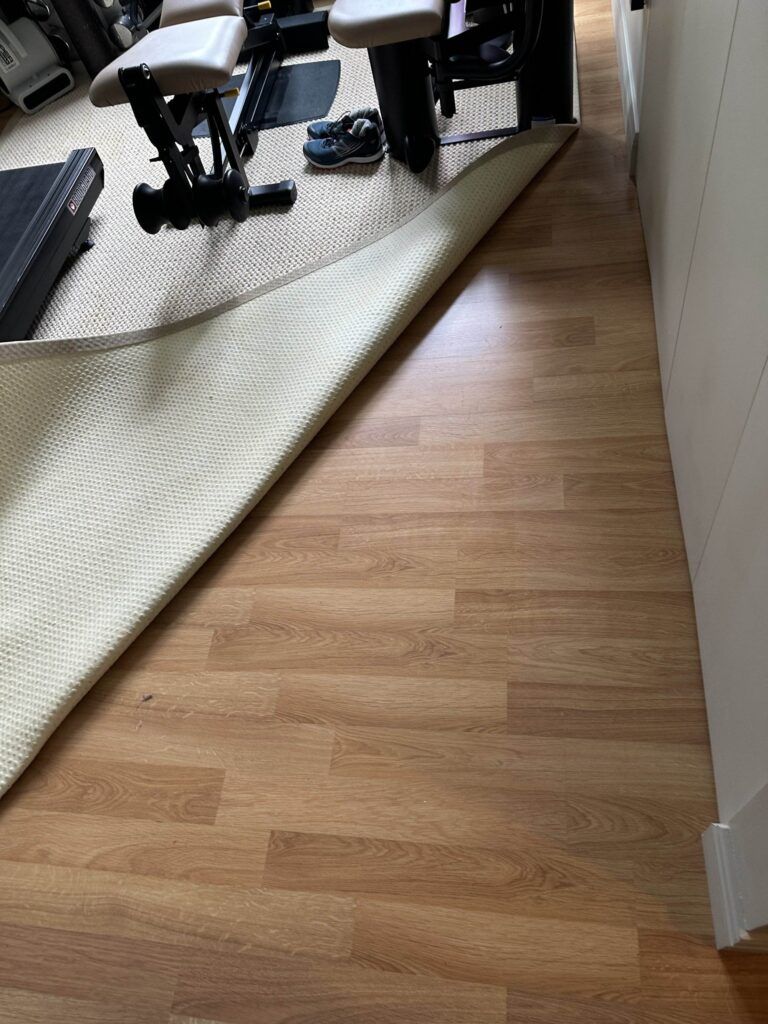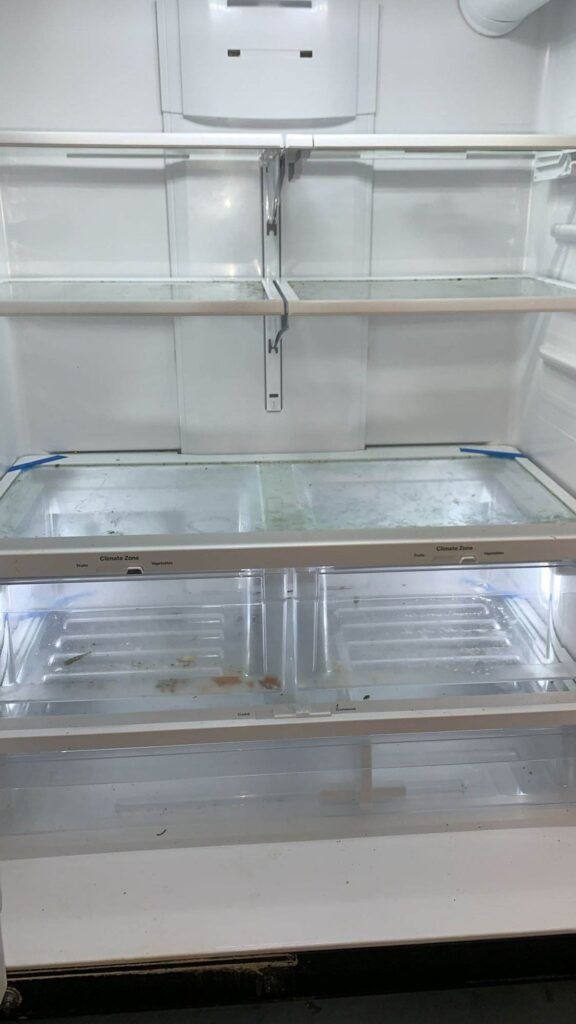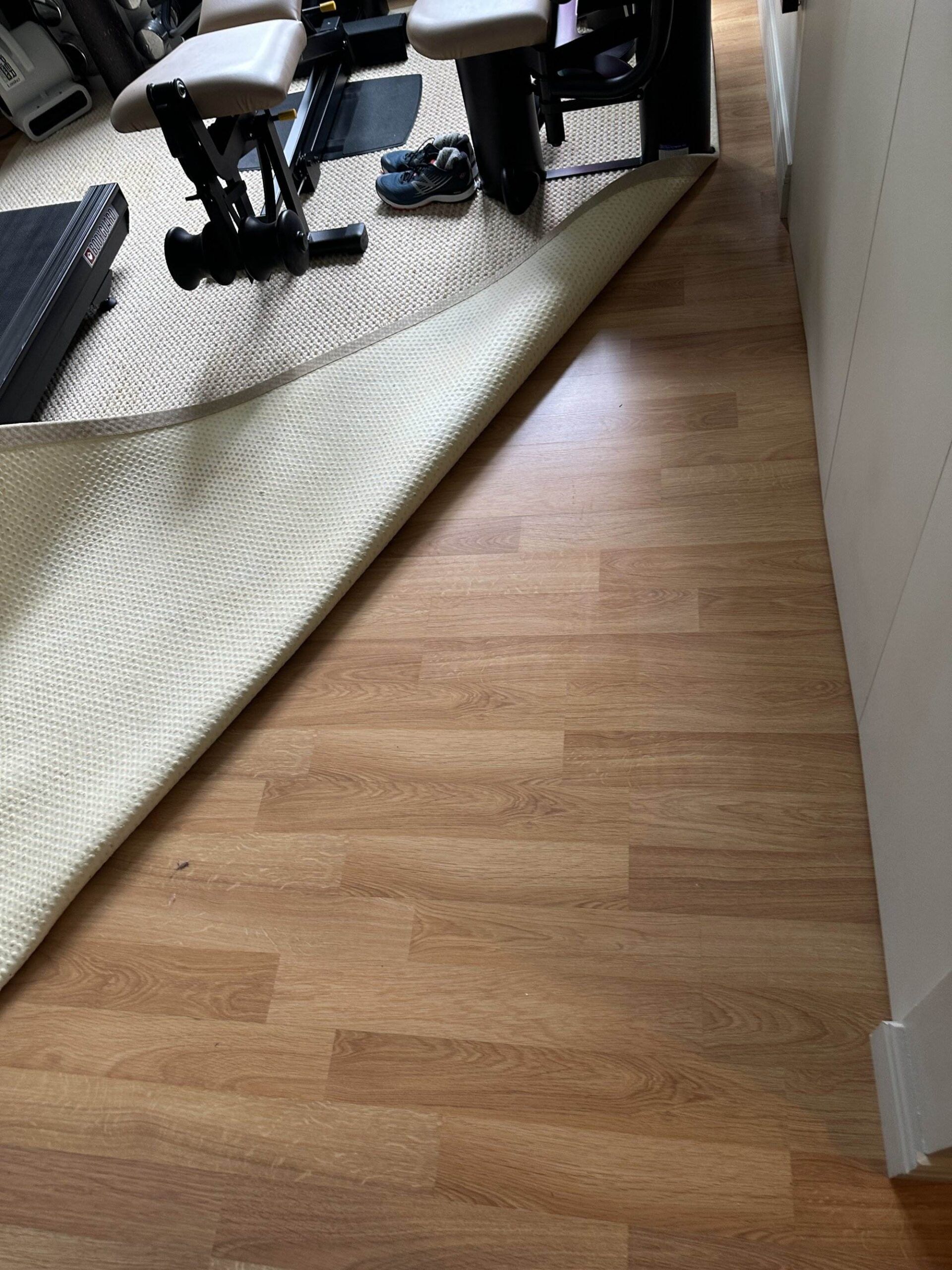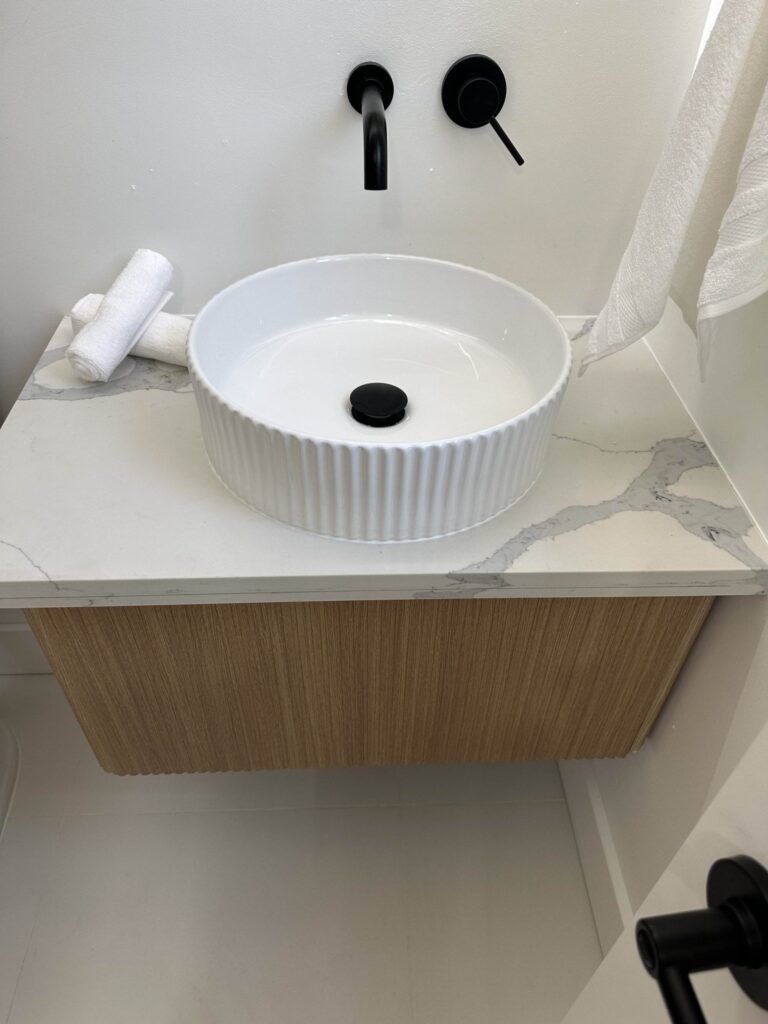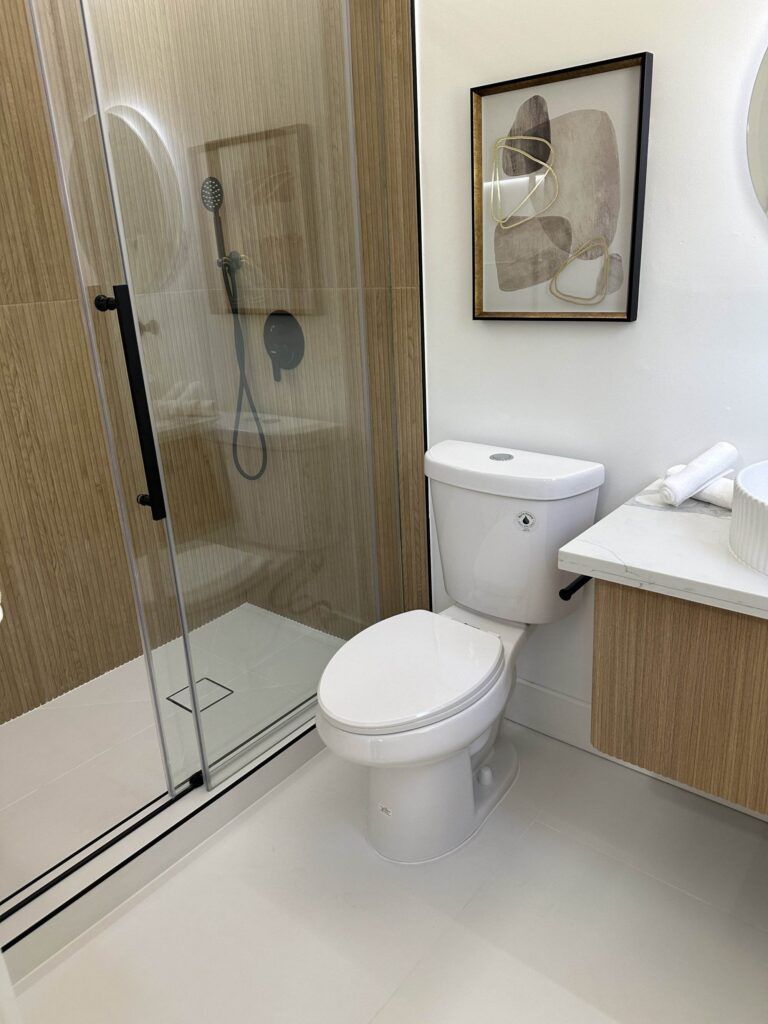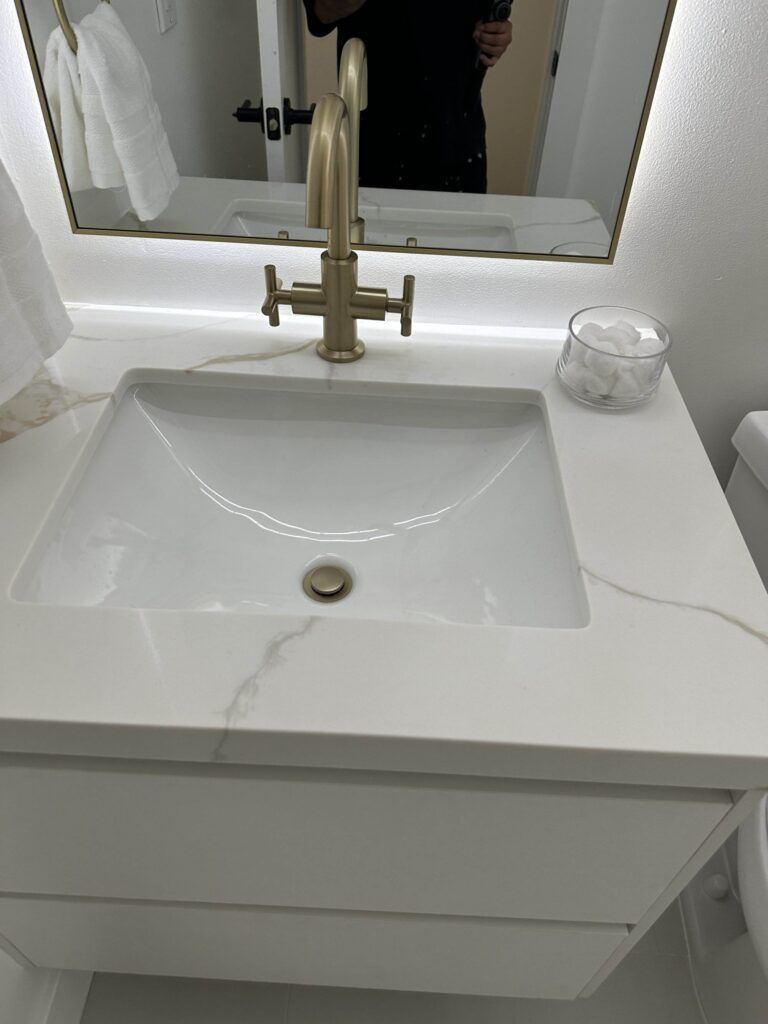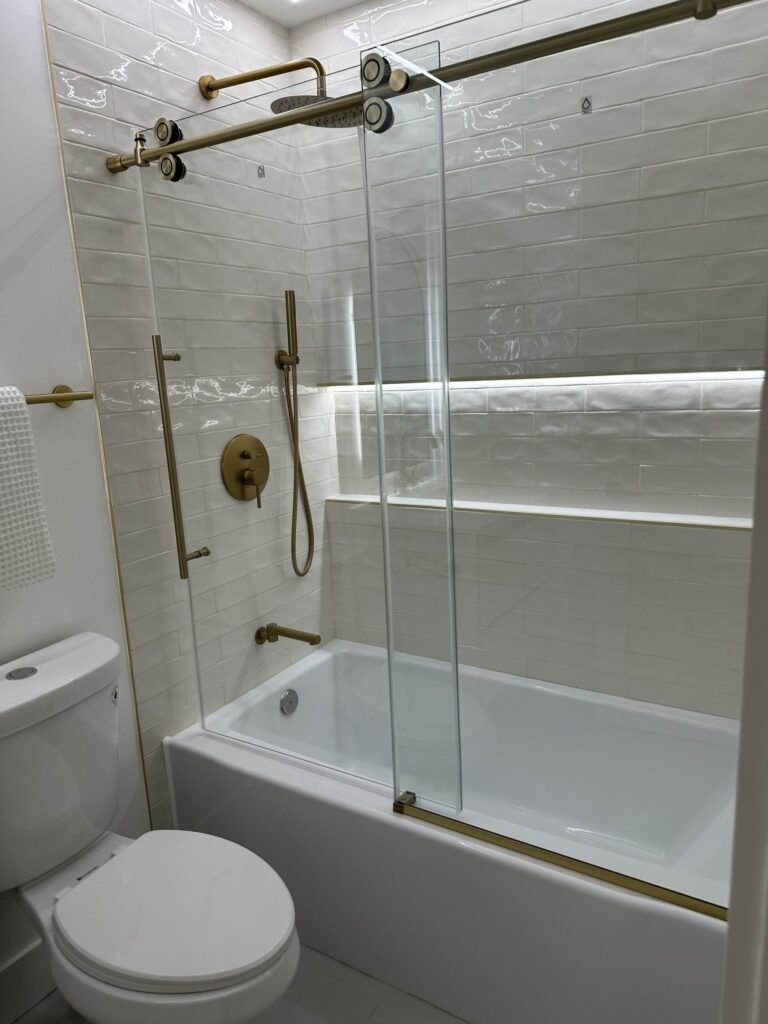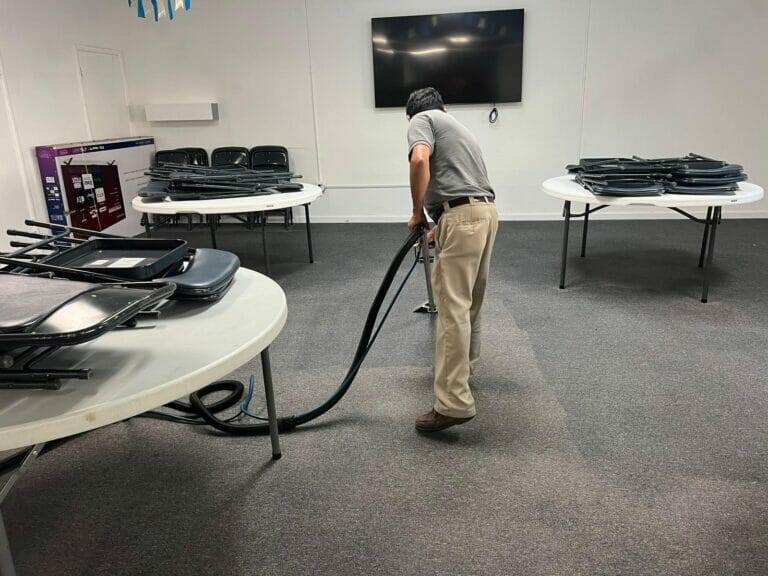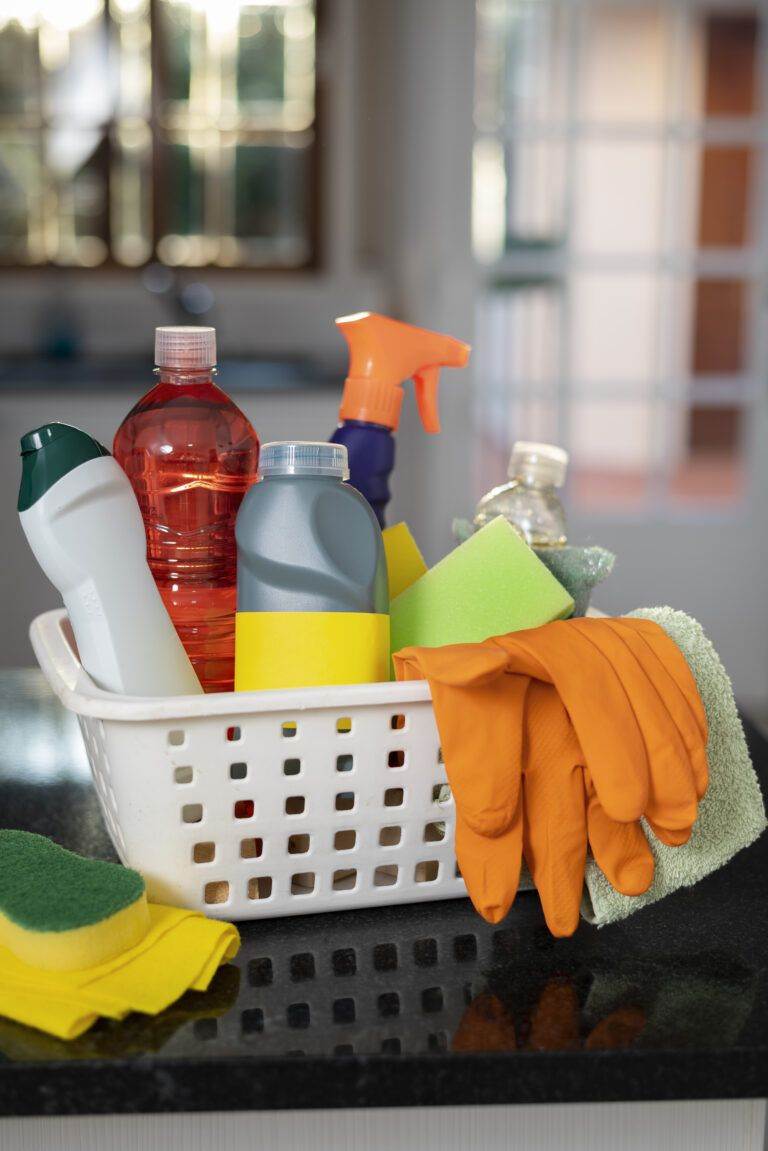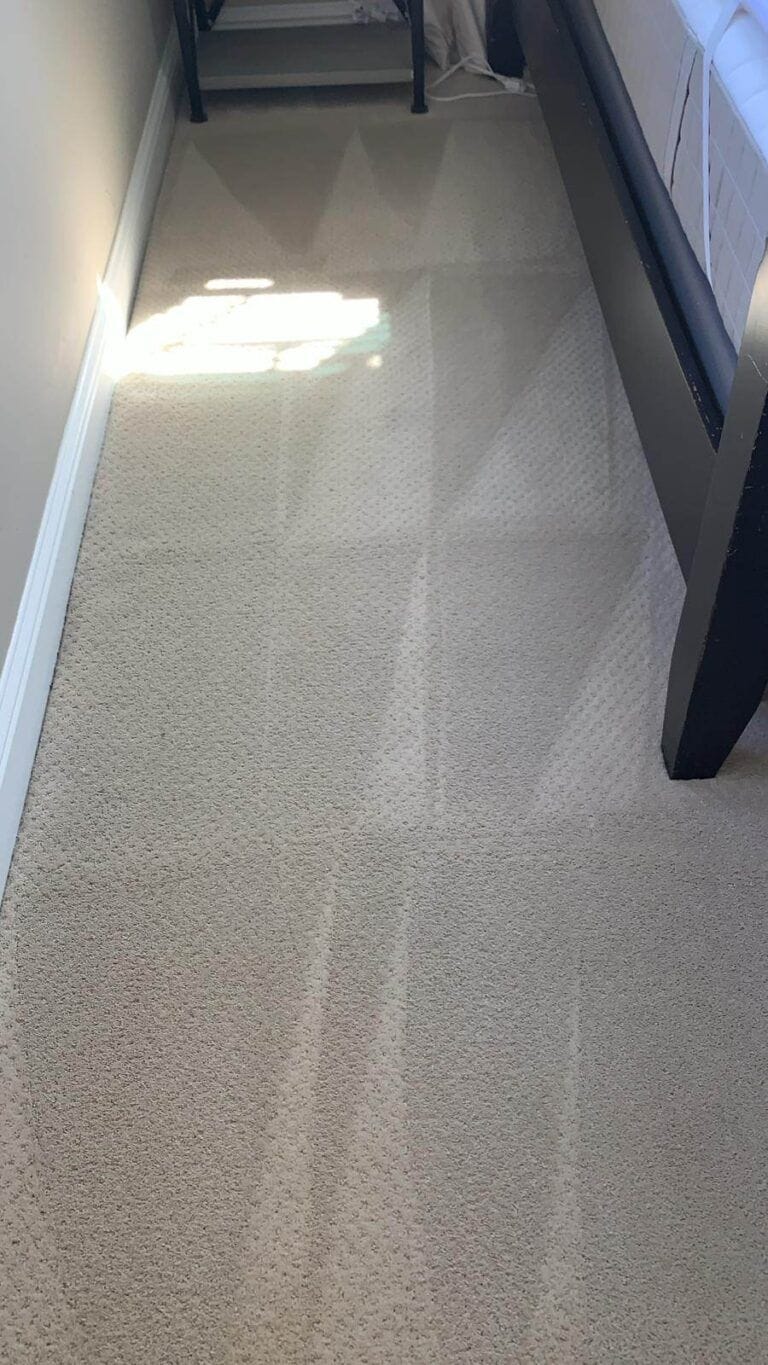A cluttered workspace can have a significant impact on an individual’s productivity and focus. When the work environment is disorganized, it can lead to a constant state of distraction, making it challenging to concentrate on the task at hand. The visual clutter can overwhelm the senses, causing mental strain and making it difficult to prioritize and effectively manage tasks. The sheer act of searching for misplaced items or navigating through a cluttered desk can consume valuable time and energy, ultimately hindering an individual’s ability to work efficiently.
Moreover, a disorganized work environment can also have a negative impact on an individual’s mental well-being. The constant visual stimuli and the sense of chaos can contribute to feelings of stress and anxiety, further exacerbating the challenges of maintaining productivity and focus. The lack of a clear and organized workspace can also lead to a sense of frustration and a diminished sense of control, which can have a detrimental effect on an individual’s overall job satisfaction and work-life balance.
Addressing the issue of a cluttered workspace is crucial for both personal and professional success. By creating a clean and organized work environment, individuals can not only improve their productivity and focus but also enhance their overall well-being and job satisfaction. The benefits of a tidy workspace extend beyond the immediate task at hand, as it can foster a sense of calm, clarity, and a renewed sense of purpose, ultimately leading to greater professional and personal achievements.
Key Takeaways
- A cluttered workspace can lead to decreased productivity and increased stress for busy professionals.
- Disorganization can result in hidden costs such as wasted time, missed opportunities, and decreased efficiency.
- Establishing a regular cleaning routine is essential for maintaining a productive and stress-free workspace.
- Outsourcing cleaning tasks can be a smart investment for professionals with limited time and resources.
- A clean environment has psychological benefits, including reduced stress and improved focus for professionals.
The Hidden Costs of Disorganization
The hidden costs of a disorganized work environment can be significant and far-reaching. One of the primary consequences of a cluttered workspace is the time and energy wasted searching for misplaced items. Whether it’s a crucial document, a vital piece of equipment, or a simple office supply, the time spent hunting for these items can quickly add up, resulting in a significant loss of productivity and efficiency.
Furthermore, the lack of organization and professionalism in a work environment can also have a detrimental impact on potential business opportunities. Clients and customers may perceive a cluttered and disorganized workspace as a reflection of the individual’s or the company’s overall competence and attention to detail. This perception can lead to a loss of trust and credibility, potentially resulting in missed business opportunities or even the loss of existing clients.
The hidden costs of disorganization extend beyond the immediate impact on productivity and professionalism. A cluttered workspace can also contribute to a sense of stress and anxiety, which can have a ripple effect on an individual’s overall well-being and job satisfaction. The constant visual stimuli and the feeling of being overwhelmed can lead to decreased focus, increased mistakes, and a general sense of frustration, all of which can have a negative impact on an individual’s professional and personal life.
Addressing the hidden costs of disorganization is crucial for individuals and businesses alike. By investing time and resources into creating a clean and organized work environment, individuals can not only improve their productivity and efficiency but also enhance their professional reputation and overall well-being. The long-term benefits of a well-organized workspace can be far-reaching, leading to increased job satisfaction, improved client relationships, and greater overall success.
Establishing a Cleaning Routine: The Key to Productivity
Implementing a consistent cleaning routine is a crucial step in maintaining a productive and organized work environment. The benefits of a regular cleaning schedule extend far beyond the immediate visual appeal of a tidy workspace. By establishing a cleaning routine, individuals can create a sense of order and control, which can have a positive impact on their overall productivity and focus.
One of the primary advantages of a consistent cleaning routine is the reduction in time and energy spent searching for misplaced items. When a workspace is organized and maintained on a regular basis, individuals can quickly and easily locate the necessary tools, documents, or equipment, allowing them to focus on the task at hand without the distraction of a cluttered environment.
Moreover, a consistent cleaning routine can also contribute to a sense of professionalism and attention to detail. Clients and customers are more likely to perceive an individual or a business as competent and reliable when the work environment is well-maintained and organized. This perception can lead to increased trust and credibility, ultimately resulting in more business opportunities and a stronger professional reputation.
Developing a cleaning routine that fits an individual’s lifestyle and work demands is crucial for its long-term success. By incorporating cleaning tasks into a weekly or daily schedule, individuals can ensure that their workspace remains tidy and organized without significantly disrupting their workflow. This customized approach can help individuals find a balance between maintaining a clean environment and meeting their professional obligations, leading to a more productive and stress-free work experience.
Outsourcing Cleaning: A Wise Investment for Busy Professionals
For busy professionals who struggle to maintain a clean and organized work environment, outsourcing cleaning services can be a wise investment. By hiring a professional cleaning service, individuals can free up valuable time and energy, allowing them to focus on their core responsibilities and achieve greater productivity.
One of the primary advantages of outsourcing cleaning is the expertise and efficiency that professional cleaning providers can offer. These companies have the necessary equipment, supplies, and training to thoroughly clean and maintain a workspace, often in a fraction of the time it would take an individual to do it themselves. This level of expertise can result in a higher quality of cleaning, ensuring that the work environment remains consistently tidy and organized.
Moreover, outsourcing cleaning can also provide a sense of professionalism and reliability. Clients and customers are more likely to perceive a well-maintained and organized workspace as a reflection of the individual’s or the company’s attention to detail and commitment to excellence. This perception can lead to increased trust and credibility, ultimately resulting in more business opportunities and a stronger professional reputation.
When selecting a reliable cleaning provider, it is essential to consider factors such as the company’s reputation, the quality of their services, and their ability to accommodate the specific needs of the individual or business. By conducting thorough research and vetting potential cleaning providers, individuals can ensure that they are investing in a service that will meet their cleaning requirements and contribute to a more productive and stress-free work environment.

The Psychological Benefits of a Clean Environment
The psychological benefits of a clean and organized work environment cannot be overstated. A tidy and well-maintained workspace can have a profound impact on an individual’s mental well-being, leading to improved focus, creativity, and overall job satisfaction.
One of the primary psychological benefits of a clean environment is the reduction in stress and anxiety. A cluttered and disorganized workspace can be visually overwhelming, contributing to a constant state of mental strain and a diminished sense of control. In contrast, a clean and organized work environment can foster a sense of calm and clarity, allowing individuals to better manage their tasks and priorities without the added burden of visual distractions.
Moreover, a clean and organized workspace can also have a positive impact on an individual’s creativity and problem-solving abilities. When the work environment is free from clutter and distractions, individuals can more easily focus on the task at hand, leading to increased productivity and a greater capacity for innovative thinking. This enhanced focus and creativity can translate into better decision-making, more effective problem-solving, and ultimately, greater professional success.
The psychological benefits of a clean environment extend beyond the immediate work setting. A tidy and organized workspace can also contribute to an individual’s overall sense of well-being and job satisfaction. By creating a work environment that is visually appealing and conducive to productivity, individuals can experience a greater sense of control, accomplishment, and pride in their work, leading to improved mental health and a more positive outlook on their professional and personal lives.
Maintaining a Stress-Free Workspace: The Role of Repetitive Cleanings
Maintaining a stress-free workspace is essential for the well-being and productivity of busy professionals. One of the key factors in achieving this goal is the implementation of regular, repetitive cleaning sessions. These consistent cleaning routines can play a crucial role in reducing stress and anxiety, while also creating a calming and rejuvenating work atmosphere.
The act of cleaning itself can have a therapeutic effect, as it allows individuals to engage in a repetitive, mindful activity that can help alleviate the mental strain of a cluttered and disorganized workspace. The physical act of organizing, tidying, and maintaining a clean environment can provide a sense of control and accomplishment, which can in turn, reduce feelings of stress and anxiety.
Moreover, the consistent presence of a clean and organized workspace can have a profound impact on an individual’s overall well-being. When the work environment is free from visual clutter and distractions, it can create a sense of calm and focus, allowing individuals to better manage their tasks and priorities without the added burden of a chaotic surroundings.
The long-term benefits of maintaining a stress-free workspace through repetitive cleanings are far-reaching. By creating a work environment that is conducive to productivity and mental well-being, individuals can experience improved job satisfaction, enhanced creativity, and a greater sense of overall life balance. This positive impact can extend beyond the immediate work setting, contributing to an individual’s overall quality of life and personal fulfillment.

Time-Saving Strategies for Busy Professionals
For busy professionals, time is a precious commodity, and finding ways to maximize efficiency is crucial. When it comes to maintaining a clean and organized work environment, implementing time-saving strategies can be a game-changer, allowing individuals to streamline their cleaning routine and focus on their core responsibilities.
One effective strategy is to incorporate cleaning tasks into an individual’s daily or weekly schedule. By dedicating a specific time slot for cleaning, whether it’s a few minutes each day or a more extensive session once a week, individuals can ensure that their workspace remains tidy and organized without significantly disrupting their workflow. This approach can help to create a sense of routine and consistency, making the cleaning process feel less like a chore and more like a natural part of the workday.
Another time-saving strategy is to identify and prioritize the most essential cleaning tasks. By focusing on the areas that have the greatest impact on productivity and organization, individuals can ensure that their cleaning efforts are directed towards the most critical aspects of their work environment. This may involve regularly wiping down surfaces, organizing files and documents, or maintaining a clutter-free desk, rather than engaging in more time-consuming tasks that may not have a significant impact on the overall functionality of the workspace.
Additionally, leveraging technology and automation can also be a valuable time-saving strategy. Investing in organizational tools, such as digital filing systems or task management software, can streamline the cleaning process and reduce the time spent searching for misplaced items. By embracing these technological solutions, individuals can free up valuable time and energy, allowing them to focus on their core responsibilities and achieve greater productivity.
By implementing these time-saving strategies, busy professionals can maintain a clean and organized work environment without sacrificing their productivity or work-life balance. The key is to find a cleaning routine that fits seamlessly into an individual’s lifestyle and work demands, ensuring that the benefits of a tidy workspace are realized without the burden of excessive time and effort.
Customizing Your Cleaning Routine: Tailored Solutions for Your Needs
When it comes to maintaining a clean and organized work environment, a one-size-fits-all approach simply doesn’t work. Each individual has unique preferences, work demands, and personal circumstances that require a customized cleaning routine. By identifying and addressing these specific needs, individuals can create a cleaning regimen that not only enhances their productivity but also aligns with their lifestyle and work style.
One of the first steps in customizing a cleaning routine is to assess the individual’s specific cleaning requirements. This may involve evaluating the size and layout of the workspace, the types of tasks and materials that are regularly used, and the frequency with which certain areas need to be cleaned. By understanding these unique factors, individuals can develop a cleaning routine that targets the areas that require the most attention, ensuring that their time and effort are directed towards the most critical aspects of their work environment.
Additionally, it is essential to consider an individual’s personal preferences and work habits when designing a cleaning routine. Some individuals may prefer a more structured, scheduled approach, while others may thrive in a more flexible, adaptable system. By incorporating these personal preferences into the cleaning routine, individuals can create a sense of ownership and investment, making the process feel less like a chore and more like a natural part of their daily or weekly workflow.
As an individual’s work or personal life evolves, it is crucial to be able to adapt the cleaning routine accordingly. This may involve adjusting the frequency of cleaning sessions, incorporating new organizational strategies, or even outsourcing certain tasks to a professional cleaning service. By maintaining a flexible and responsive cleaning routine, individuals can ensure that their work environment remains tidy and organized, even as their needs and circumstances change over time.
By customizing their cleaning routine to meet their specific needs and preferences, individuals can create a work environment that is not only visually appealing but also conducive to their overall productivity and well-being. This tailored approach to cleaning can lead to increased focus, reduced stress, and a greater sense of control over their professional and personal lives.
The Long-Term Advantages of Consistent Cleaning Habits
Maintaining a clean and organized work environment is not just a short-term solution to improve productivity and focus; it is a long-term investment in one’s professional and personal well-being. The cumulative benefits of consistent cleaning habits can have a profound impact on an individual’s overall success and quality of life.
One of the primary long-term advantages of a clean and organized workspace is the positive impact it can have on an individual’s mental health and well-being. By creating a work environment that is free from visual clutter and distractions, individuals can experience a greater sense of calm, clarity, and control. This, in turn, can lead to reduced stress and anxiety, improved focus and concentration, and a more positive outlook on their work and personal life.
Moreover, the consistent maintenance of a clean and organized workspace can also contribute to an individual’s professional success. A well-maintained work environment can foster a sense of professionalism and attention to detail, which can be highly valued by clients, customers, and colleagues. This perception of competence and reliability can lead to increased business opportunities, stronger professional relationships, and a more successful career trajectory.
The long-term advantages of consistent cleaning habits extend beyond the immediate work setting. By cultivating a clean and organized work environment, individuals can develop a sense of pride and accomplishment in their surroundings, which can have a positive impact on their overall quality of life. This sense of control and order can translate into other areas of an individual’s life, leading to improved time management, better decision-making, and a greater sense of overall well-being.
Ultimately, the long-term advantages of consistent cleaning habits are multifaceted and far-reaching. By investing in the maintenance of a clean and organized work environment, individuals can not only improve their productivity and professional success but also enhance their mental well-being and overall quality of life. This holistic approach to workspace organization can be a powerful tool for personal and professional growth, leading to a more fulfilling and rewarding journey.
